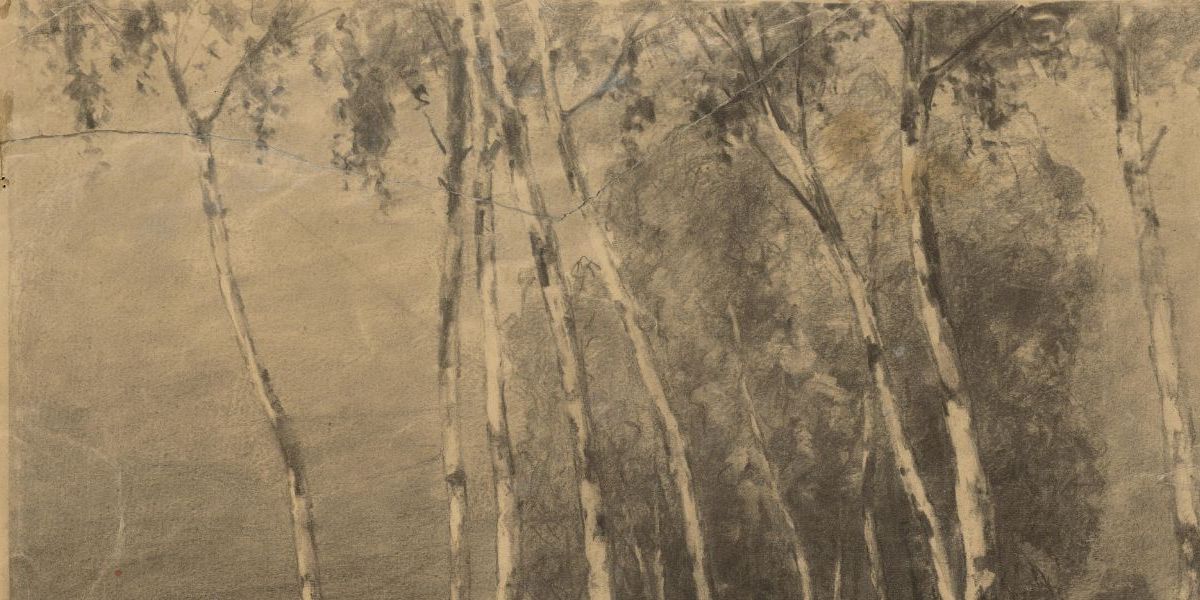In 2022, the Europeana Research Grants Programme supported three institutions to explore the theme of Crowdsourcing and Research, expanding its reach to Central and Eastern Europe. The Museum für Naturkunde in Berlin, the Estonian War Museum – General Laidoner Museum in Tallinn, and the Faculty of History at the University of Warsaw built their research on workshops that saw the involvement of 150 people among academics and professionals from the cultural heritage sector. In addition, the National Museums of World Culture in Sweden were awarded funding to present the results of their innovative project focusing on data decolonisation through co-curation and re-categorisation of cultural heritage with the direct involvement of indigenous people and communities.
As a worthy conclusion to this cycle of grants, Europeana Research and the Europeana Research Community join forces to organise a special online event entirely dedicated to crowdsourcing. The event - divided into a lecture and a workshop - aims to address practical aspects of the adoption and planning of crowdsourcing in the cultural heritage sector, especially when it engages academics, researchers, university students, and non-professional researchers. This event inaugurates a series of activities designed to foster the active participation of community members and the sharing of experiences across national boundaries.
We are honoured to have Dr Mia Ridge, British Library, as the instructor of a half-day workshop that will address the potential and complexity of crowdsourcing. The workshop will be introduced by a one-hour lecture open to everyone.
The instructor
Dr Mia Ridge is an internationally-recognised leader in the field of crowdsourcing in cultural heritage. As Digital Curator in the British Library’s Digital Research team, she helps enable innovative research based on the Library’s digital collections, offering support, training and guidance on applying computational research methods to historical collections.
In January 2020 she was awarded funding by the Arts and Humanities Research Council for 'Collective Wisdom', with the resulting publication launched in 2021: The Collective Wisdom Handbook: perspectives on crowdsourcing in cultural heritage. She is a Co-Investigator on the Living with Machines project, the largest digital humanities project to date in the UK.
Intended learning outcomes
Lecture attendees will have an overview of the current state of crowdsourcing in cultural heritage, why volunteers participate and how GLAMs are using crowdsourcing. No previous knowledge is assumed.
Workshop participants will gain an understanding of the planning and actions required before, during and after a crowdsourcing project.
Requirements
The lecture is open to everyone, with no restrictions.
The workshop is limited to 16 participants who meet the following requirements:
- They are members of the Europeana Research Community
- They are academics/researchers or cultural heritage professionals who have planned or want to build a crowdsourcing project at their institutions, especially if with an academic component.
Please note that only the 16 selected participants will receive the link to join the workshop (by 21 February 2023). They are asked to inform the organisers in due time if they decide not to attend anymore so their place can be reassigned.
Programme
- 09.30 - 10.30 Lecture
- 10.30 - 10.45 Break
- 10.45 - 11.50 Workshop - Part I
- 11.50 - 12.00 Break
- 12.00 - 13.00 Workshop - Part II
Reading suggestions
- Mia Ridge et alii (2021), The Collective Wisdom Handbook. Perspectives on Crowdsourcing in Cultural Heritage. URL: https://britishlibrary.pubpub.org/
- Ulrike Sturm, Elisabeth Heyne, Elisa Herrmann, et al. (2022), Anthropocenic Objects. Collecting Practices for the Age of Humans (abridged version of: Anthropocenic Objects. Collecting practices for the Ages of Humans, Research Ideas and Outcomes (RIO), 8: e89446 DOI: 10.3897/rio.8.e89446), version 1.0, published on Europeana PRO, 5 August 2022. URL: https://pro.europeana.eu/page/europeana-research-collaborations-museum-fuer-naturkunde-berlin
- Mari-Leen Tammela et alii (2022), Estonian museums’ experience in the field of Crowdsourcing, version 1.0, published on Europeana PRO, 18 August 2022. URL: https://pro.europeana.eu/page/europeana-research-collaborations-the-estonian-war-museum-general-laidoner-museum
- Francis Harvey et alii (2022), The Warsaw Statement on Spatial Data in Cultural Heritage, version 3.0, published on Zenodo, 9 July 2022. DOI: 10.5281/zenodo.6384114
- Adriana Munoz et alii (2022), Decolonising ethnographic databases: a pilot project of data migration from the Swedish National Museum of World Culture’s Carlotta to the open-source software Tainacan, version 1.0, published on Europeana PRO, 25 August 2022. URL: https://pro.europeana.eu/page/europeana-research-collaborations-the-national-museum-of-world-culture-sweden

